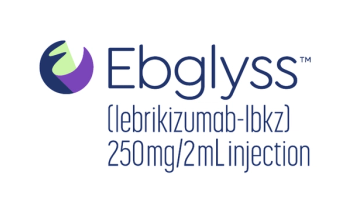
Formulary strategy requires frequent review by plan sponsors
Quarterly formulary reviews are the most common but not the only choice among sponsors
TODAY, A STRICTLY closed formulary is a rarity; however, more HMOs are limiting drug choices to reduce costs. Plans are also reviewing formulary designs more frequently to keep up with emerging clinical science.
Randy Vogenberg, principal at the Institute for Integrated Healthcare (IIH), Sharon, Mass., says a truly closed formulary doesn't really exist. Often, the closed formulary allows for prior authorization of nonpreferred drugs.
"We do have some clients that have closed benefit plans," Dr. Hadley says.
Prime Therapeutics, a pharmacy benefit manager, uses closed formularies for its Part D prescription drug plans and for most Medicaid insureds.
"Our commercial plans have open formularies because of the nature of having three tiers," says David Lassen, chief clinical officer for the PBM.
Although one of the Prime's objectives is to take a leaner approach to developing a formulary, Lassen says he is aware that cutting a preferred drug list too drastically can have negative effects.
Newsletter
Get the latest industry news, event updates, and more from Managed healthcare Executive.























